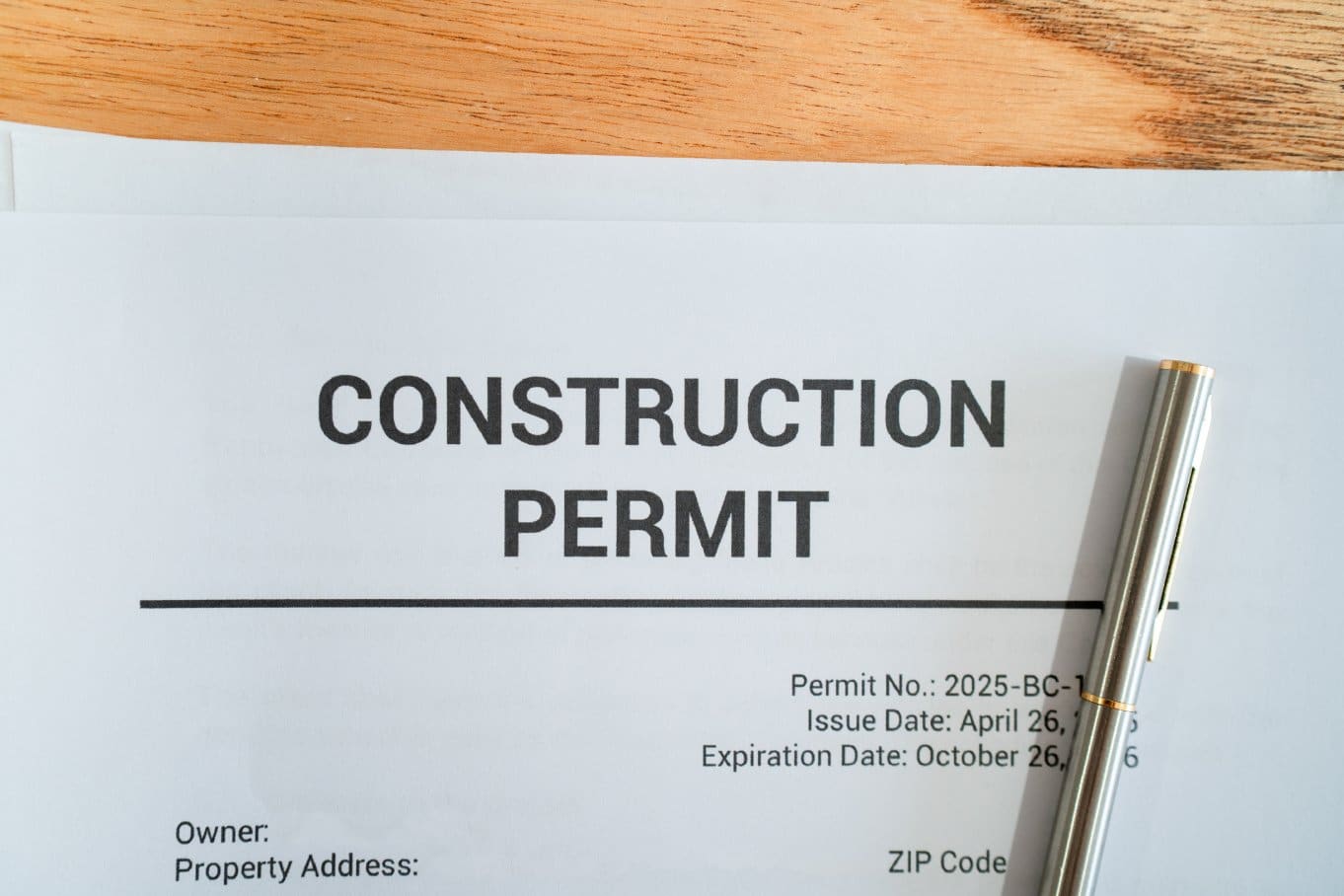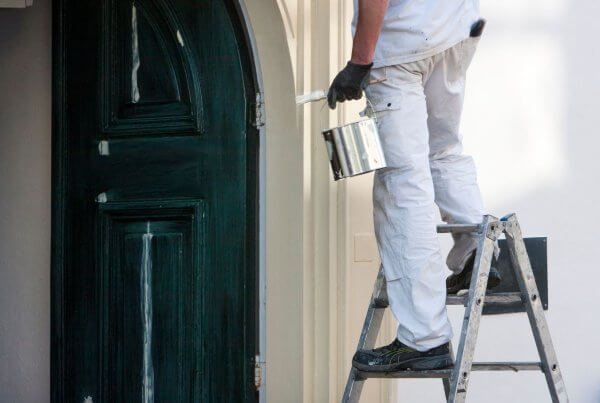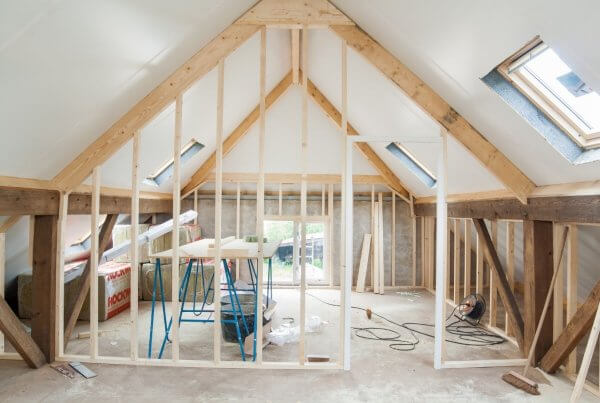When planning home improvements, it’s easy to overlook details amidst the excitement of designing and upgrading your space. However, forgetting one crucial aspect—obtaining permits—can cause headaches down the road.
By securing the right permits, you ensure compliance with local laws, reduce safety risks, and maintain or even enhance your property value. Below, we outline some common home improvements that typically require a permit to help you avoid costly mistakes and legal issues.
Working on Electrical Wiring
Whether you’re upgrading an outdated system or expanding wiring to accommodate new appliances, working on electrical systems almost always requires a permit. Electrical work involves significant safety risks, from fire hazards to electrocution, and local authorities enforce strict regulations to mitigate these dangers.
If, for example, you’re remodeling your kitchen and adding new outlets or lighting fixtures, doing so without approval could mean fines or even a forced teardown if the work doesn’t meet code standards. Consult a licensed electrician who can help you secure the necessary permits and ensure your electrical system stays up to code.
Modifying or Adding Plumbing
Modifying or adding plumbing is one of the basic factors to consider during a bathroom remodel. Modifying water lines, replacing sewer systems, or even installing a new water heater typically requires prior approval from your local authority. Poorly executed plumbing work can lead to leaks, water damage, or mold growth, which could cost you thousands in repairs.
If you’re adding a bathroom, you’ll need a permit to connect the plumbing system to your existing pipes. Permits exist for a reason—to protect your home from potential water-related disasters and ensure that previous installations won’t negatively affect your new modifications.
Making Structural Changes
Another home improvement that requires a permit is any structural changes to the house. Structural changes, such as removing walls, expanding rooms, or replacing support beams, will alter the stability of your home.
These types of projects almost always require a permit to ensure that the work maintains the structural integrity of your house. Without a permit, you might accidentally compromise a load-bearing wall, leading to disastrous consequences for your home’s safety and long-term value.
Outdoor and Landscaping Renovations
If you’re planning an outdoor project, like a major landscaping renovation, you’ll likely need to attain a permit first. If, for example, you need to excavate a major amount of dirt on your property, you’ll need to locate underground utilities before digging.
If you’re adding outdoor living spaces or room extensions, they also come with strict permit requirements. Building codes often dictate specific design criteria, including how close the structure can be to property lines and what materials to use. Homeowners constructing decks or patios must meet specific guidelines regarding height, load capacity, and railing safety.
Building Compliance for Peace of Mind
Navigating permits can feel like a hassle, but they are essential for ensuring your home improvements are legal, safe, and valuable. If you’re unsure where to start, consult local authorities, contractors, or home improvement professionals for guidance. Taking the time to secure the right permits now will save you from potential headaches later.




